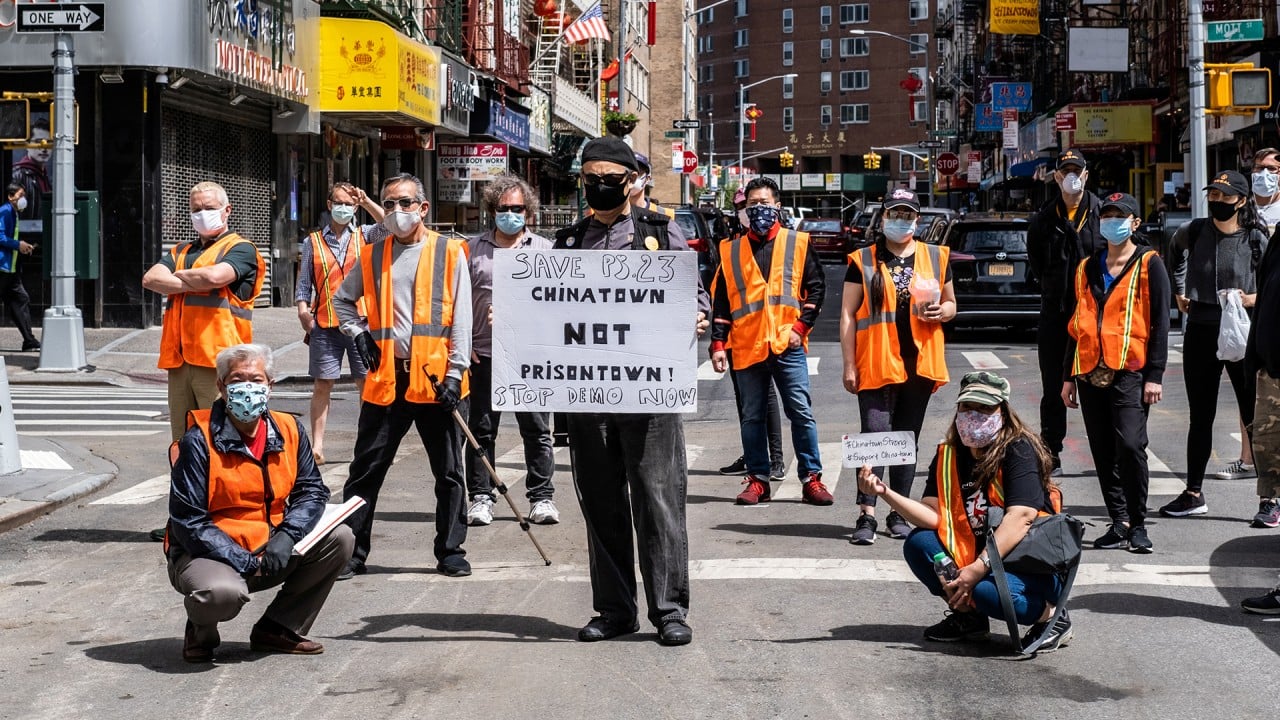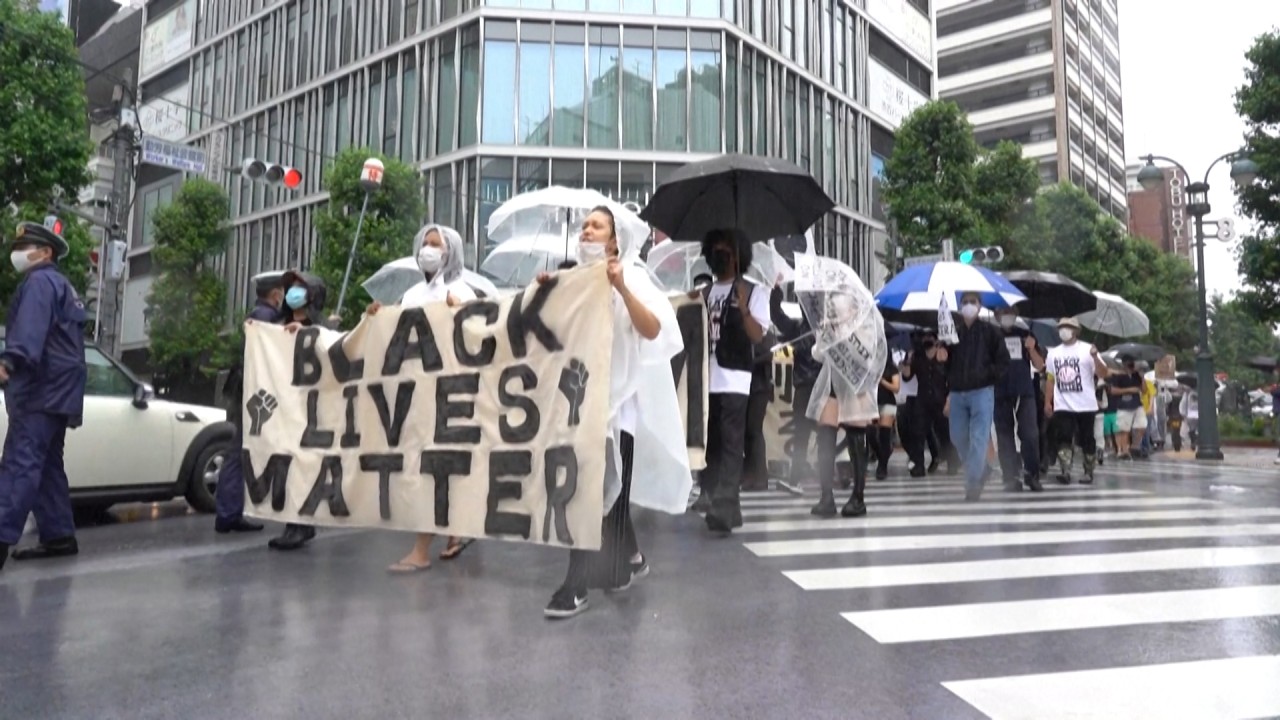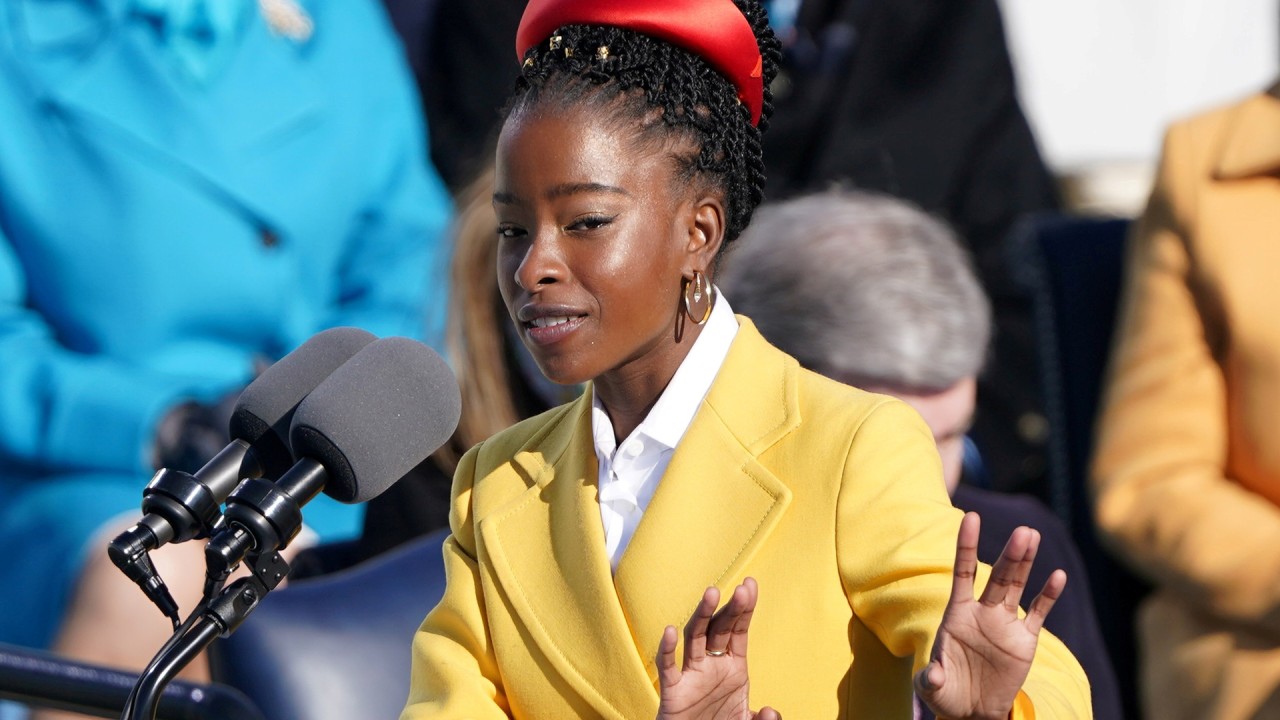
Race relations: what Covid-19 has exposed, Asian Americans must no longer ignore
- The discrimination unleashed by the pandemic may not be a temporary aberration, after all
- Taking inspiration from the Black Lives Matter movement, Asian Americans must advocate for change or risk losing what little gains they have made
At first, I thought it was imagined or something temporary after Covid-19 was first recognised in the US. Chinese restaurants and Chinatowns across the country were affected, with some eateries permanently closed because of the loss of business. It didn’t help that then-US president Donald Trump repeatedly referred to the coronavirus as “the China virus”.
My father, in his early 70s, migrated to Canada and then the US to pursue his studies in his youth. He had some advice for my sister and me. “Keep your head down and a low profile,” he said, urging us to stay at home to avoid the deadly pandemic and the ugly and invisible reality of discrimination and hatred that was brewing.
At the time, it seemed over-the-top – until I had a few experiences that caused me to question how Asian Americans are regarded in our home country during these unprecedented times.

03:41
Asian-Americans, harassed over coronavirus, push back on streets and social media
The region where I live, about 160km (99 miles) north of Manhattan, is predominantly white. While most community members are stellar, people I consider good neighbours and friends, I have certainly experienced some firsts under the previous administration.
Pickup trucks with Trump flags roared at me on numerous occasions, with the driver flashing a menacing grin. Was I in someone’s way or driving below the speed limit? On another occasion, I cancelled a gym membership, telling the management I felt singled out after they told me without warning that I would no longer be able to make appointments to swim after a few no-shows. Was there a policy or a warning to all members?
As a first-generation Chinese-American who grew up in the 1980s in a suburban middle-class enclave, my teachers and classmates overall regarded Chinese culture (language and cuisine) with intellectual curiosity when the time came to “study China”.
Culture was celebrated, despite the less-studied parts of history, such as the Chinese railroad workers in California, or the darker parts of the past, such as the Japanese internment during World War II.

03:13
Black Lives Matter protests held across Asia
From my apartment, I watched as young people drew hearts and words of hope amid #blacklivesmatter on the pavement. There was an urgent search for peace, harmony and dialogue during an already chaotic time.

05:57
Poet Laureate Amanda Gorman recites poem at Joe Biden's US presidential inauguration ceremony
I love Gorman and am thrilled to see black people elevated in this country. Still, as a proud Chinese-American, I can’t help but wonder where our voices are, and why Asian Americans are not represented in top leadership positions, whether in government or other sectors.
Madalene Mielke, president and CEO of the Asian Pacific American Institute for Congressional Studies, told USA Today it was “insulting and frustrating” that no Asian-American was named to Biden’s cabinet. “Part of the reason Asian Americans vote is that they’re looking for people who can represent them,” she said. “And it stings, because it looks like we’re regressing.”
History tends to repeat itself if we don’t stop to face the reality that a paradigm shift might not be permanent. For every step forward, it appears we as Asian Americans need to work twice as hard to ensure that we hold onto those gains.
My Hispanic friends often say Sí se puede, which translates to “Yes we can”, when encouraging change. Yes, Asian Americans must have a place and a voice at the table on the national level. To not advocate for this means we will lose everything we have gained.
Amy Wu is an award-winning journalist based in New York who has worked in California and Hong Kong

